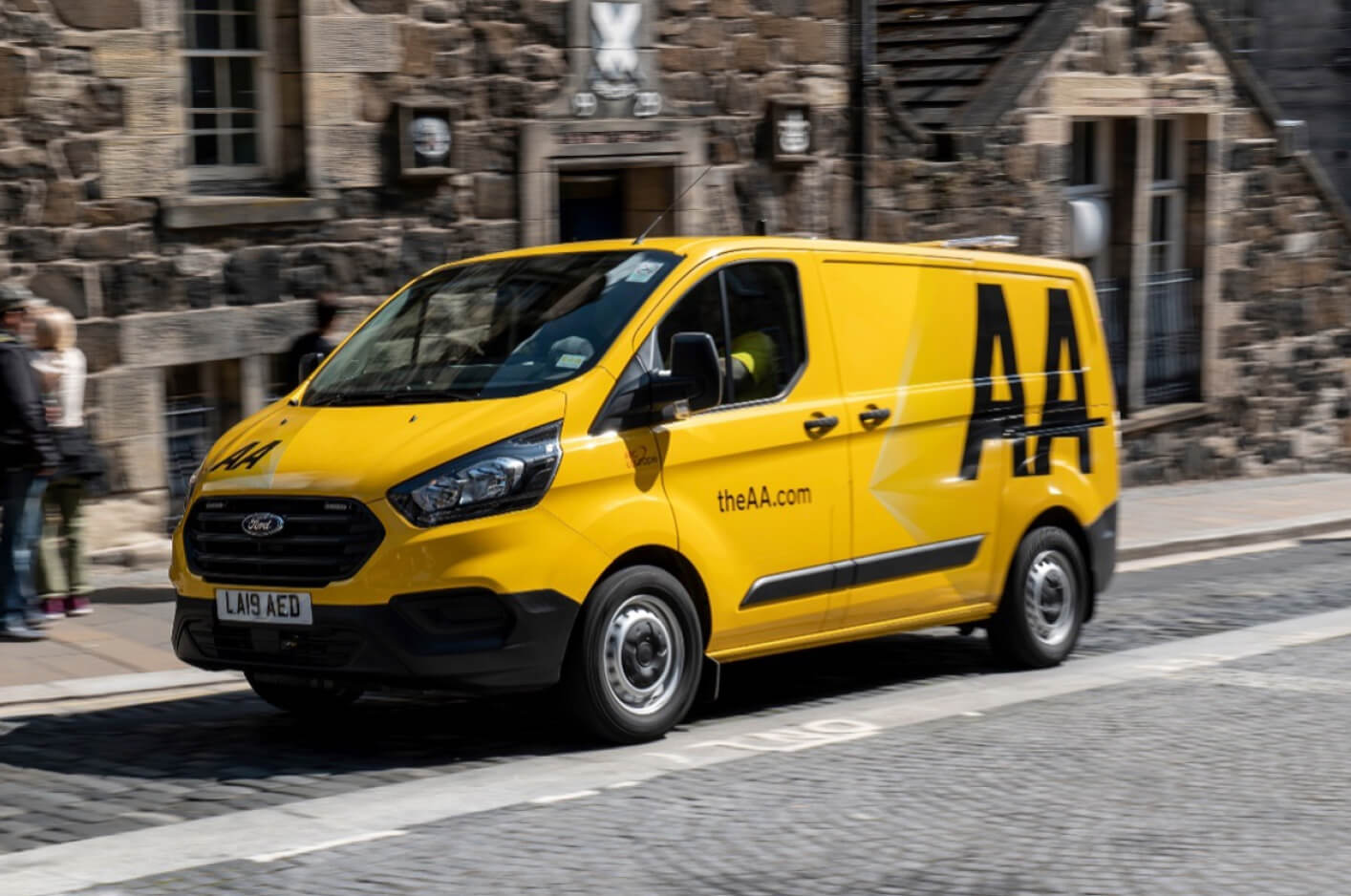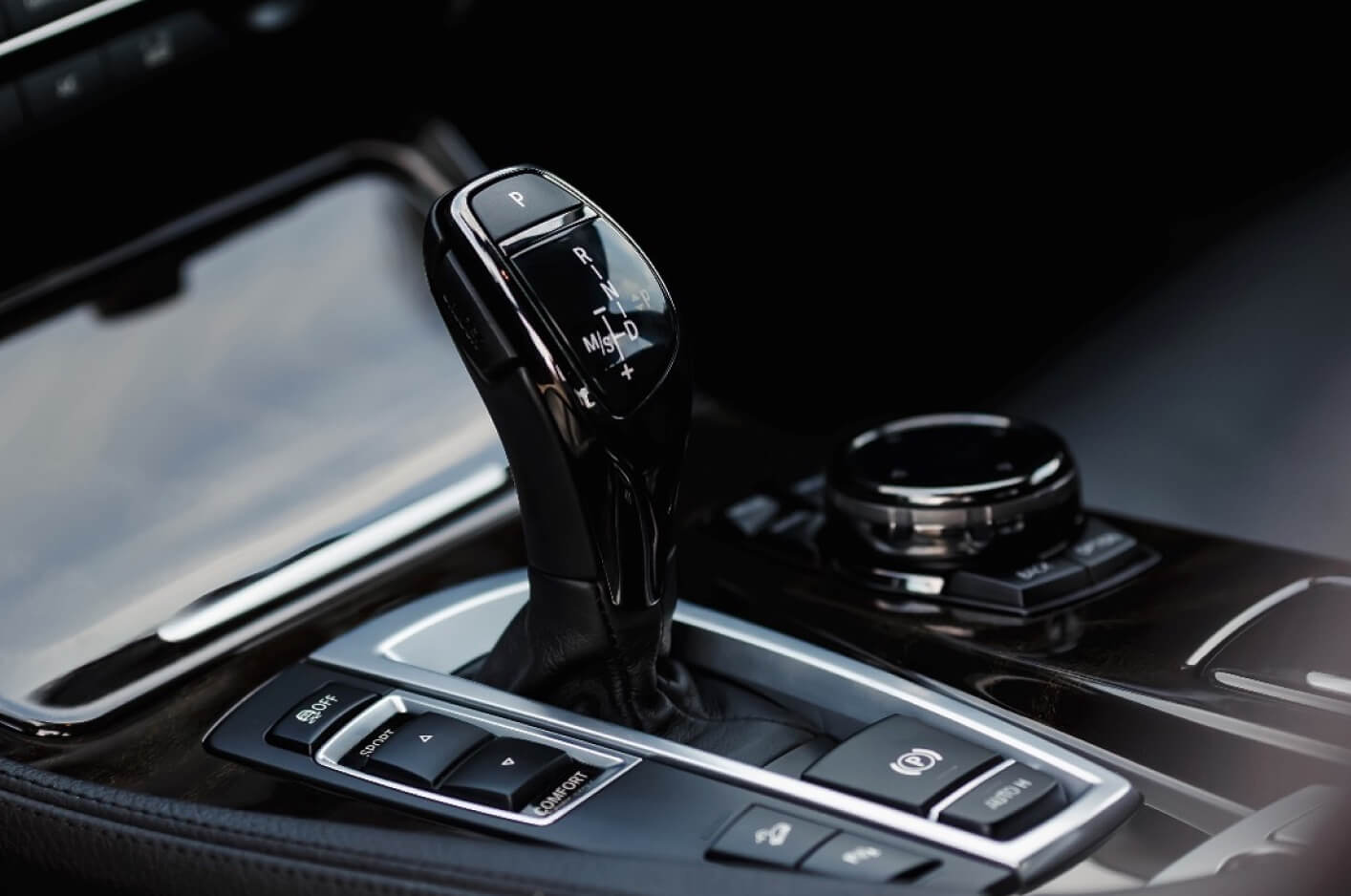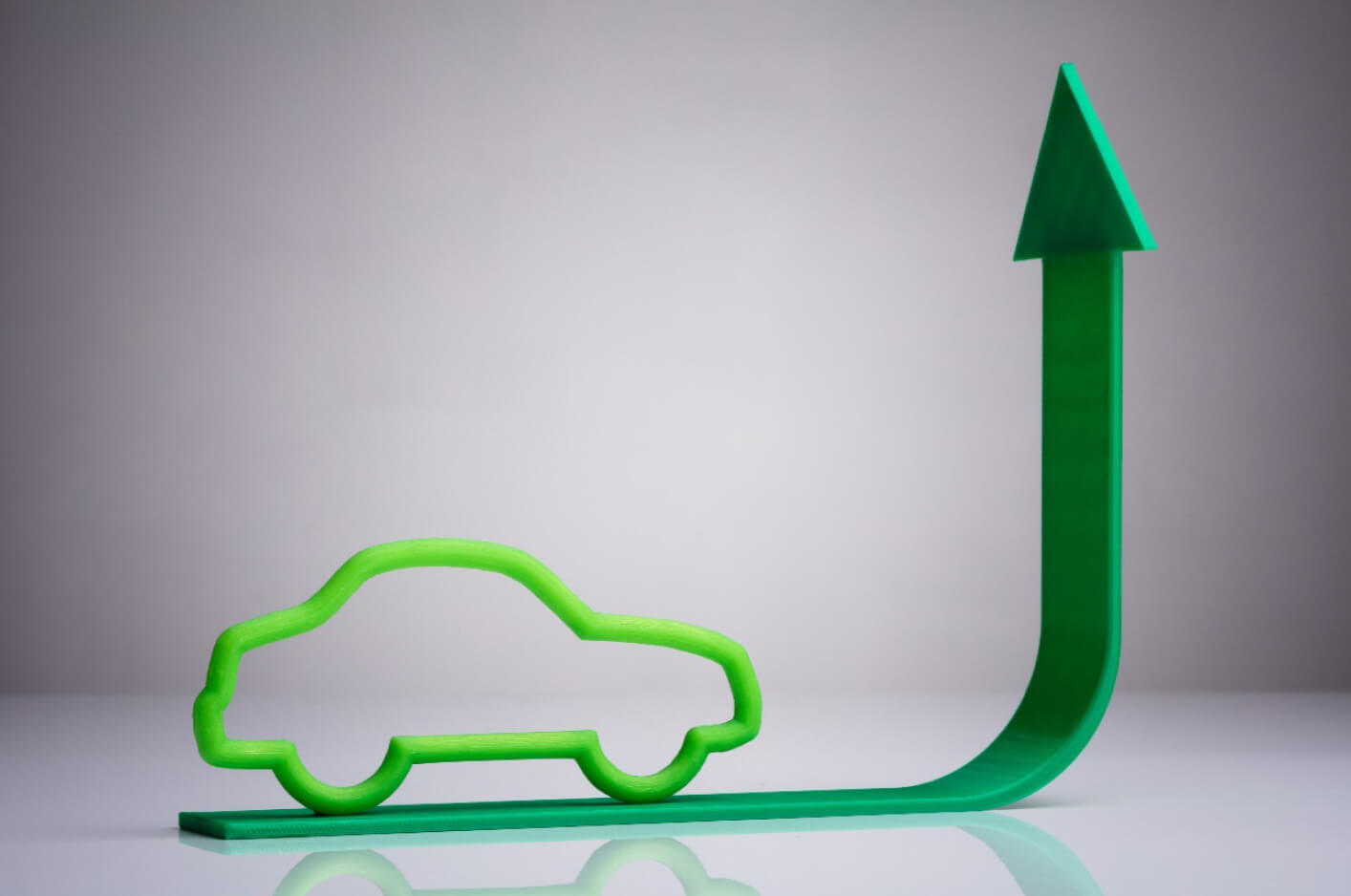23 January 2018
New report calls on government to end sales of petrol and diesel cars and vans by 2035
The government must be more ambitious in phasing out the sale of new conventional petrol and diesel cars and vans and bring forward the date by five years to 2035, according to a new report by the Committee on Climate Change.

The government published its ‘Clean Growth Strategy’ in October last year in which it set out the next steps to reduce the UK’s greenhouse gas emissions and tackle climate change.
Although ambitious, the strategy did not go far enough, said the Committee’s new report, ‘An Independent Assessment of the UK’s Clean Growth Strategy: From Ambition to Action’.
The government is due to publish its ‘Road to Zero’ strategy in 2018, detailing the measures that will be introduced to reduce carbon emissions from surface transport to zero.
The Committee, which advises the government, says that ‘urgent action is needed to flesh out current plans and proposals, and supplement them with additional measures, to meet the UK’s legally-binding carbon targets in the 2020s and 2030s.’
Specifically, the report says that more details are needed about plans to phase out sales of petrol and diesel cars and vans by 2040, as previously announced by the government. What’s more, the report continues: ‘Given that it takes around 15 years for the stock of cars and vans to turn over, it may be necessary for the sales of petrol and diesel vehicles to end by 2035.’
The report says that a high uptake – at least 60% – of new sales of ultra-low emission vehicles such as plug-in and hydrogen cars by 2030 is required. This will keep open the possibility of 100% of new sales by 2035 and meet the government’s target on track to achieve that by 2040.
Highlighting that ‘greater ambition will be needed for vans’, the report also said that there was little concrete action on emissions from HGVs. More, it said, was also needed on shifting travel demand from passenger cars to lower-emission modes.
The report also called on the government to set out in its ‘Road to Zero’ strategy:
- Proposals for incentives for the uptake of ultra-low emission vehicles, including an extension of the current grants for plug-in vehicles, until the private costs of ownership reached parity with conventional vehicles – and lay out a clear plan for public charging infrastructure.
- Future requirements for conventional vehicle efficiency, to go beyond recently announced European Union proposals for emissions standards for 2025 and 2030, which it said were ‘not ambitious enough’. Average new vehicle emission targets are 95g/km for cars and 147g/km for vans by 2021, with 2025 and 2030 targets to be respectively 15% and 30% lower than the 2021 targets.
- Measures to incentivise freight operators to improve logistics efficiency and shift to less carbon-intensive modes, and to increase uptake of eco-driving training and fuel-saving technologies for HGVs where that is cost-effective.
- Additional measures to incentivise a shift of travel demand to lower emission modes, including walking, cycling and public transport.
The report concluded: ‘By 2050, a near total decarbonisation of surface transport may be necessary. The trajectory of uptake of ultra-low emission vehicles throughout the next three decades must be such that a total switch of light vehicles to either battery electric or hydrogen fuel cell power could be achieved. Credible options must also be developed for the decarbonisation of HGVs.’


